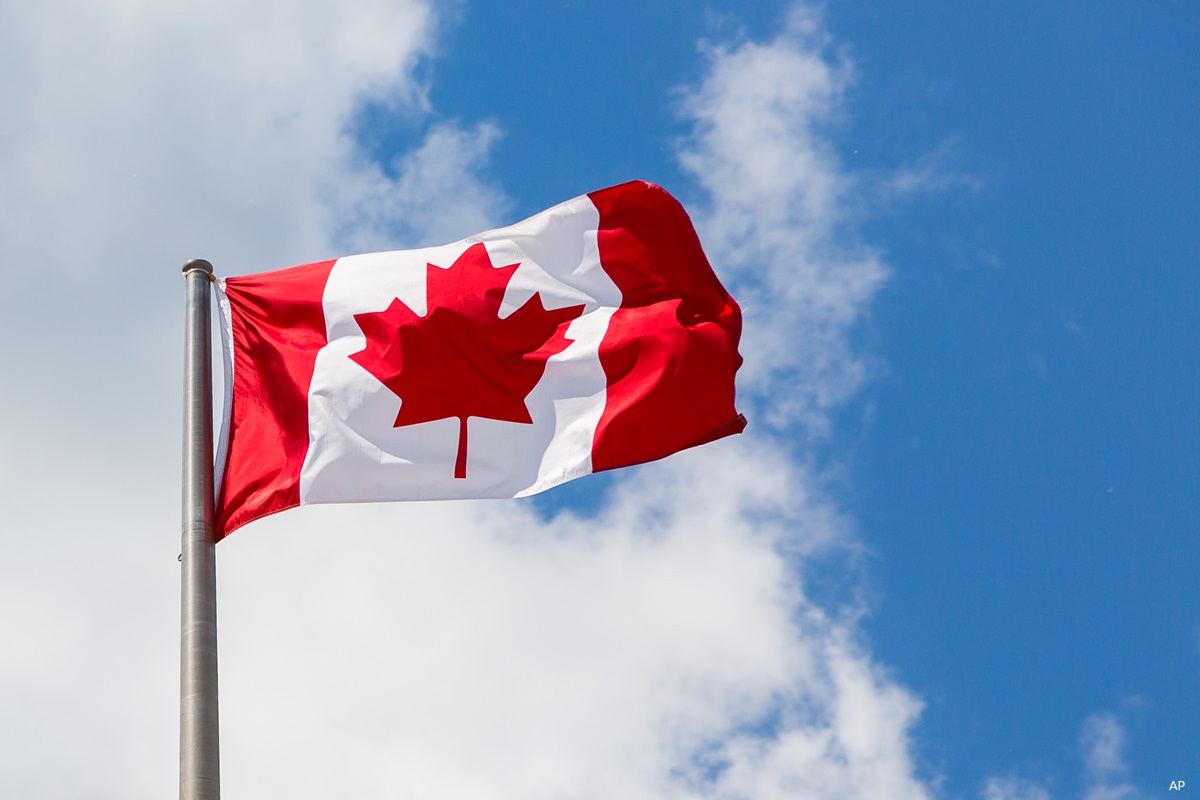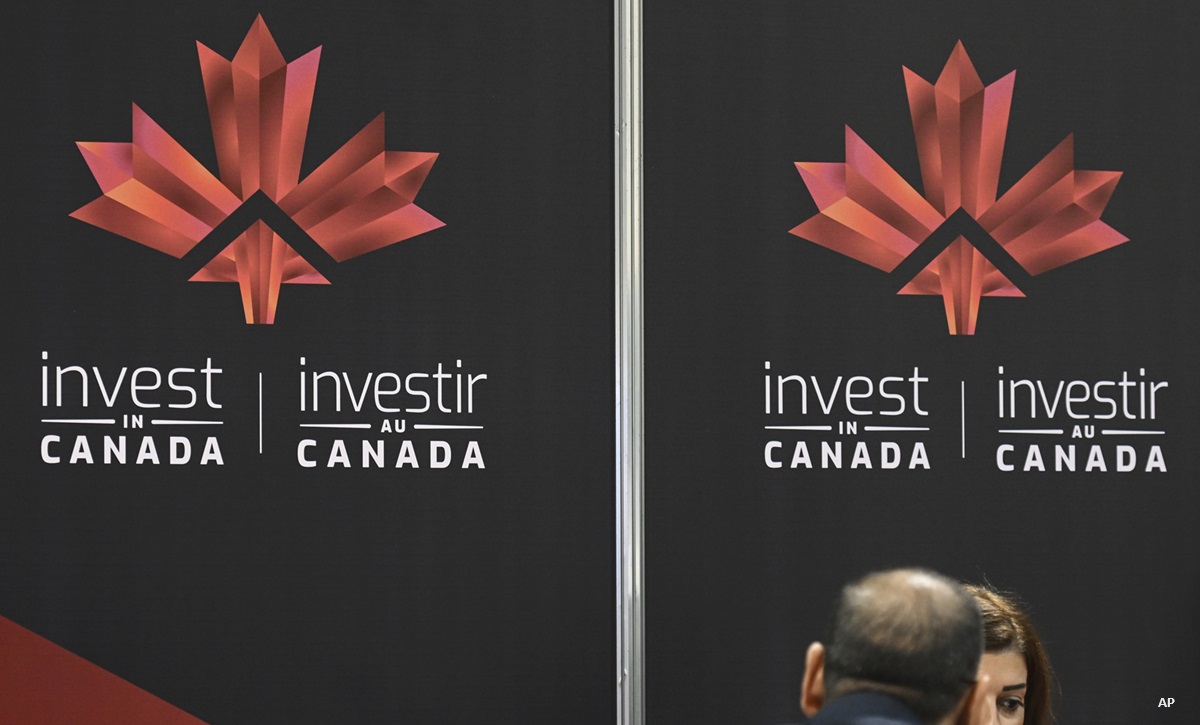Home prices are expected to cool across Canada with an increase of 1.2% nationally in 2019, according to the Royal LePage Market Survey Forecast, while a RE/MAX 2019 Housing Market Outlook forecasts an average increase of 1.7%.
A correction is not expected in most markets, but the pace of growth has slowed down
"The Canadian housing market in 2019 will remain in the correctional cycle that began in 2018, where price gains and sales activity are below the long-term norm”, said Phil Soper, President and CEO of Royal LePage.
For the metropolitan areas, the greater Toronto area is expected to see home prices rise 1.3%, while the overheated greater Vancouver area home prices could rise by 0.6%. The greater Montreal area could see the biggest gains, with home prices expected to rise 3% in 2019, the Royal LePage report said.
RE/MAX is more bearish on British Columbia and Vancouver, forecasting a 3% fall in home prices in Vancouver in 2019, as against a 2% increase in 2018. Meanwhile, Toronto is expected to see a 2% increase in 2019, after correcting 4% in 2018, the RE/MAX report said.
Some of the local risks to the housing market in 2019 include rising interest rates, falling Canadian oil prices, as well as an overall slowdown in the economy.
Rising interest rates, stress test continue to hurt affordability
The Bank of Canada has indicated that rate hikes will continue in 2019, albeit at a slower pace.
"Governing Council continues to judge that the policy interest rate will need to rise into a neutral range to achieve the inflation target,” the central bank said in a statement. It noted that the pace of rate increases will depend factors including the effect of higher interest rates on consumption and housing, and global trade policy developments.
However, consensus is that rate hikes will continue. “Our forecast assumes two rate increases next year, which would leave monetary policy slightly accommodative,” said RBC Senior Economist Josh Nye in a report.
“Our outlook assumes a modest increase in the cost of borrowing, from the very low levels today to low-normal by year-end 2019,” Soper said, noting that in real estate markets where affordability is strained, there could be more sensitivity to interest rate hikes.
The rate hikes, coupled with the new “stress test” rules in effect in 2018, contributes to the slowing outlook for 2019, said Elton Ash, regional executive vice president, RE/MAX of Western Canada. Ash has assumed three interest rate hikes in 2019 for his report.
As of January 1, 2018, all new mortgage applicants needed to qualify for their mortgage at Bank of Canada posted rate plus 2%. As a direct result, the share of people who borrow at least 4.5 times their annual income to buy a home, dropped from 20% in 2016 to 6% at present, Bank of Canada data shows.
“Local buyers have found it more difficult to secure a mortgage as a result of the introduction of the mortgage stress test, which has resulted in fewer home sales”, said Ash, noting that there has been some lobbying to amend or remove the stress test in a rising interest rate environment.
Foreign buyers hit by rising taxes
While local buyers have been priced out of some markets, foreign buyers, especially in Vancouver, have been hit by regulatory intervention.
In February this year, the British Columbia government raised foreign buyers tax to 20%, while in October, it added on a “speculation tax” on vacant or underutilized homes, that could be as high as 2%. This has had an impact on sales in the region.
“The increased taxes were aimed at Mainland Chinese buyers, who are motivated by a need to move money out of China and into Canadian real estate, but as all international buyers have been impacted, it has resulted in fewer US and European buyers in the region as well” Ash said.
RE/MAX points out that foreign buyers have fallen back in British Columbia, which has opened up more opportunity for local buyers, especially in Greater Vancouver's condo market. However, local buyers don’t seem to be biting, as the number of sales dropped by 30%, and this is expected to bring down average residential sale prices in 2019, RE/MAX noted.
The road ahead
The housing market in 2019 is unlikely to be tepid.
“Correctional cycles in Canada are typically less than two years, and given the healthy state of the economy, coupled with exceptionally strong employment growth, we expect the second half of 2019 and into 2020 to mark a return to more normal levels of price appreciation,” Soper said.
“Price corrections are not bad news, in fact, in some markets like Vancouver, a 3% price drop will actually be healthy, considering the price appreciation over the past seven years”, Ash said. He expects 2019-2020 to be a period of more balanced price appreciation.





.jpg)














